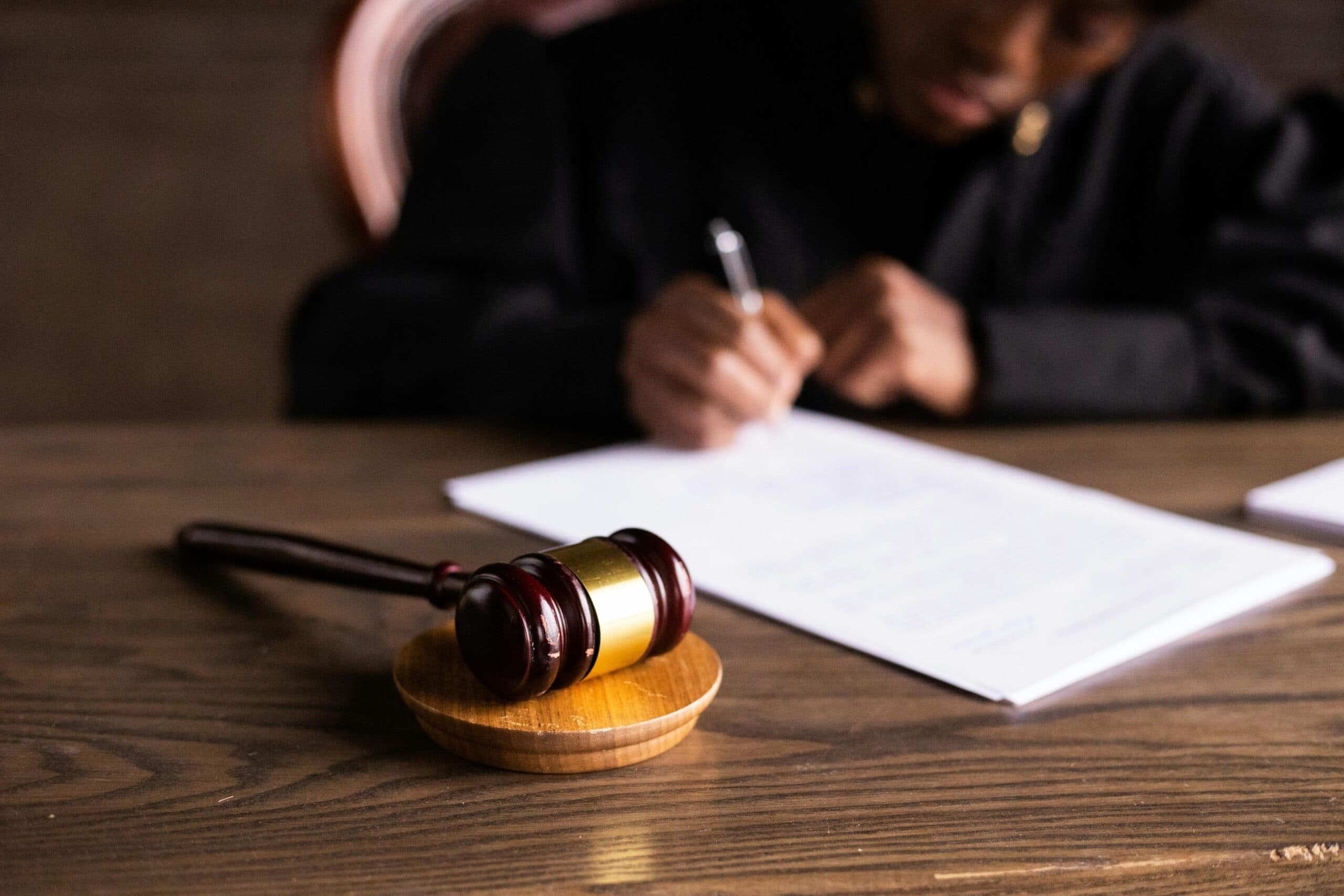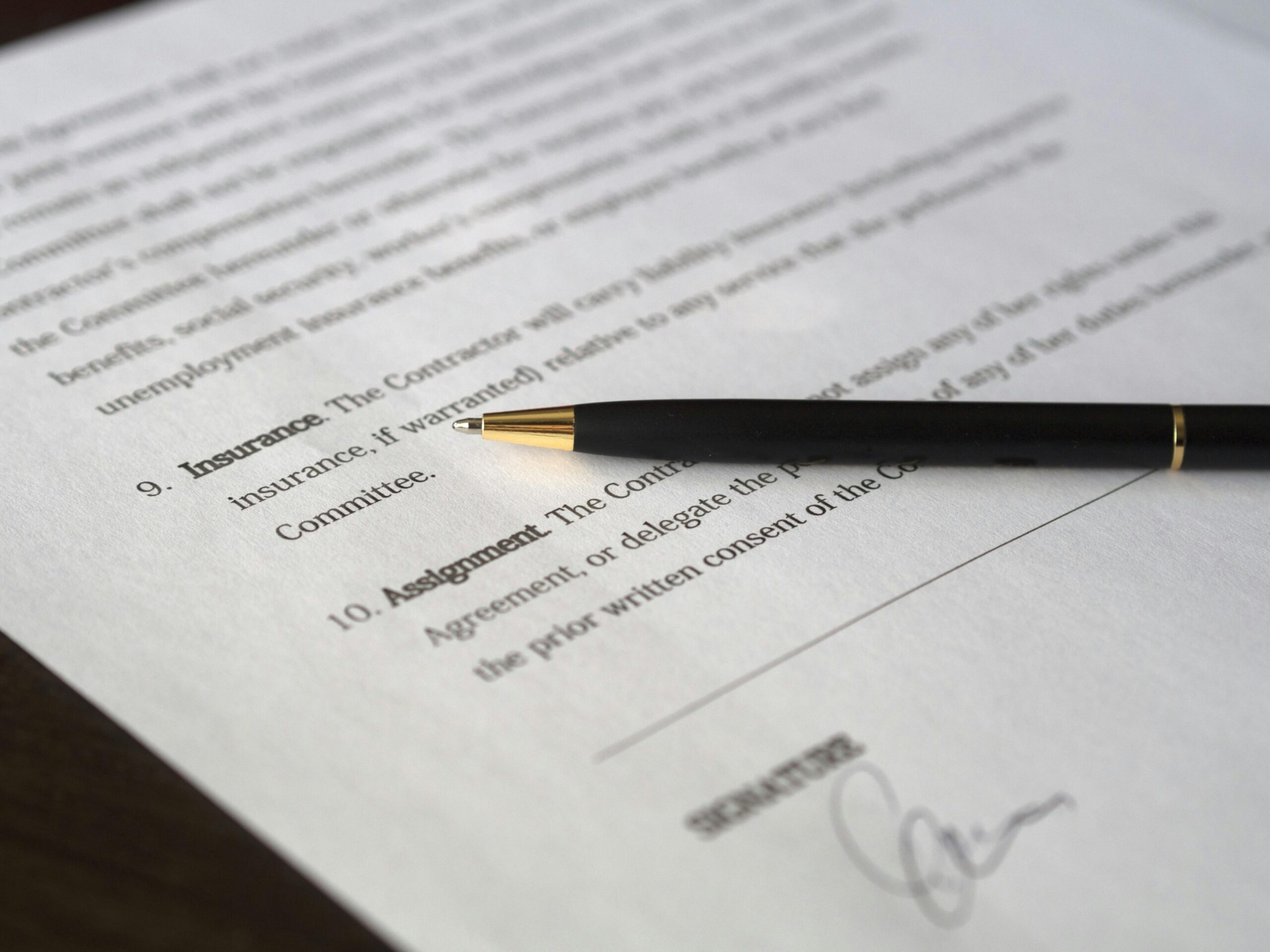Unveiling the dark side of traffic stops in Las Vegas… Police misconduct. These two words are enough to send a shiver down anyone’s spine. We all expect law enforcement officers to protect and serve, but unfortunately, there are instances where their power is abused, and innocent drivers and passengers become victims.
In this blog post, we will delve into the unsettling world of police misconduct during traffic stops in Las Vegas, uncovering examples of such behavior and shedding light on your rights as a driver or passenger.
What Is Police Misconduct?
Police misconduct refers to any inappropriate or illegal actions taken by law enforcement officers while carrying out their duties. It can take many forms, including excessive use of force, racial profiling, false arrests, and abuse of power. These actions not only violate the rights of the individuals involved but also erode public trust in law enforcement.
Excessive use of force is one common form of police misconduct that occurs during traffic stops. This may involve officers using more physical force than necessary when making an arrest or conducting a search. Racial profiling is another issue that has gained attention in recent years, with minority drivers being disproportionately targeted for traffic stops.
False arrests occur when individuals are unlawfully detained or charged without proper evidence. In some cases, officers may fabricate evidence or manipulate it to support their narrative. Abuse of power encompasses a range of behaviors, such as intimidation, harassment, and coercion.
It’s important for drivers and passengers to be aware of their rights during a traffic stop to protect themselves from potential police misconduct. These include the right to remain silent and not answer questions beyond providing identification and vehicle registration. Additionally, individuals have the right to refuse consent for searches unless there is probable cause.
If you believe you have experienced police misconduct during a traffic stop in Las Vegas or anywhere else, it’s crucial to document the incident as thoroughly as possible. Take note of officer names and badge numbers, record any conversations or interactions using your phone if safe to do so, and gather witness information if available.
Examples of Police Misconduct During Traffic Stops in Las Vegas
Some examples of police misconduct during traffic stops include:
- Racial Profiling: One common form of police misconduct during traffic stops is racial profiling, where officers use a person’s race or ethnicity as a basis for suspicion. This can lead to unjustified stops and searches, violating the rights of individuals solely based on their appearance.
- Excessive Use of Force: There have been cases in Las Vegas where officers have used excessive force during traffic stops. This includes unnecessary physical violence or the use of tasers and firearms without justifiable cause, causing harm to innocent motorists.
- Unlawful Searches: Another example of police misconduct is conducting unlawful searches without proper consent or probable cause. Officers may go beyond the limits set by the Fourth Amendment, infringing upon drivers’ and passengers’ privacy rights.
- False Arrests: Some drivers have experienced false arrests during traffic stops in Las Vegas, where officers detain individuals without valid reasons or evidence linking them to any criminal activity. These false arrests undermine justice and erode public trust in law enforcement.
- Retaliation Tactics: In certain instances, there have been reports of officers engaging in retaliation tactics against drivers who assert their rights or question an officer’s behavior during a traffic stop. This can include issuing unwarranted citations, prolonging detention unnecessarily, or making false accusations.
Your Rights as a Driver or Passenger During a Traffic Stop
It is crucial to be aware of your rights as both a driver and a passenger. Understanding these rights can help protect you from potential police misconduct and ensure that the traffic stop proceeds according to proper legal procedures.
First and foremost, you have the right to remain silent. If an officer asks you questions that may incriminate you, it is within your rights to politely decline to answer. Remember, anything you say during this interaction can be used against you in court.
Additionally, you have the right to refuse consent for any searches of your vehicle. Unless the officer has probable cause or obtains a warrant, they cannot search your car without your permission. It’s important to assert this right respectfully but firmly if necessary.
Moreover, always remember that you have the right to record any interactions with law enforcement officers during traffic stops using audio or video devices. This can provide valuable evidence in case of any misconduct allegations later on.
Furthermore, if pulled over while driving with passengers, it is essential that their rights are also respected by law enforcement. Passengers have the same rights as drivers when it comes to remaining silent and refusing searches.
Keep in mind that even though being stopped by police can be stressful and intimidating, maintaining composure is vital throughout the entire process. Stay calm and respectful while asserting your rights so that everyone involved remains safe.
Being aware of these basic rights will empower both drivers and passengers during traffic stops in Las Vegas. By knowing what actions are permitted or prohibited by law enforcement officers during such encounters, individuals can better safeguard themselves against potential abuses of power.
If you believe that your rights were violated or that you witnessed police misconduct during a traffic stop in Las Vegas, it is important to report it. Contacting internal affairs at the local police department or filing a complaint with an independent oversight agency can help bring attention to these issues and hold accountable those who engage in wrongful practices. You can also get in touch with a police brutality lawyer to fight your case.
By reporting incidents of police misconduct during traffic stops, we can work towards ensuring fair treatment for all members of our community while keeping law enforcement accountable for their actions.
We at The Bourassa Law Group are here to manage all your legal troubles in the state of Nevada. Call us at (800)870-8910 if you are looking for a Nevada police brutality lawyer.




